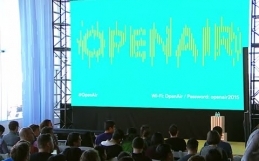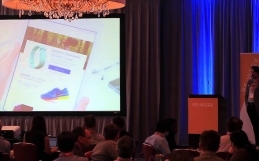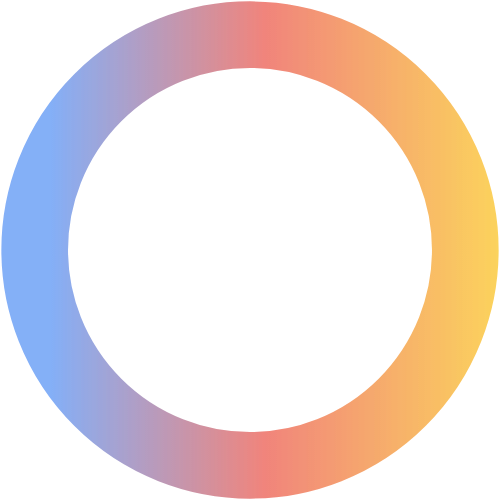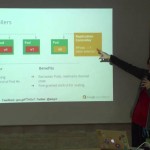As the world of software development continues to roll around in the flexibility and portability that has been enabled by Docker with containers, the community’s most recognised people gathered at Container Camp last week for a day of talks on software virtualisation.
In real terms Docker has provided software developers with a tool that allows production environment set up to be isolated which saves developers both time in setting up an often complex web of tools before they can start working on projects and removes the frustration of an ‘identical’ environment from behaving differently on different machines. Businesses read ‘Docker saves you money’.
Docker has not however been without it’s limitations and Ben Firshman gave a talk and demo on Docker Compose, “The core problem that Compose is trying to solve is that running multiple container apps is a bit of a hassle, you have to build images from Docker files, you have to pull images from the Hub, you have to configure and create the containers using lots of run options and you have to start and stop these containers and try and stream their logs to try and figure out what’s doing what.”
Although Compose is not yet recommended for production it is a fantastic tool for development environments staging servers and continuous integration allowing a multi container application to be defined in a single file.
Tim Hockin from Google spoke about Kubernetes (by Google) explaining that everything at Google runs in containers from Gmail through Search to Maps, launching over 2 billion containers per week. Kubernetes is an open source project which addresses some of the challenges of managing applications with containers like isolation and is a product Google’s own experiences with managing systems, built to orchestrate manage and run containers.
Energetic Joyent CTO Bryan Cantrill also upheld his reputation by talking about the prehistory of containers as they are more commonly perceived today. Joyent had containers covered off a long time ago but rather in the context of infrastructure, what Docker does nowadays is make Developers faster.
At one of the Docker Seattle Meetups earlier this year, Cantrill said “You show up to a party a decade early; it’s a long decade to sit by yourself. And that’s effectively what we did. We’ve been running containers in production since 2006, I’ve been with Joyent since 2010, and kind of the core organizing belief of Joyent was that OS-based virtualization was the future of computing.”
A must watch talk for all is popular Docker Maintainer Jessie Frazelle, self confessed insane, mad scientist presenting ‘Willy Wonker of Containers’ explaining what a tinkerer is and why she runs absolutely everything in containers. This talk is riddled with handy tips, not necessarily Docker specific, but Frazelle’s delivery invites you into her world of preferences and why she does things the way she does.
For all the Container Camp videos go to the Container Camp YouTube page, in the meantime, here’s Jessie Frazelle.





